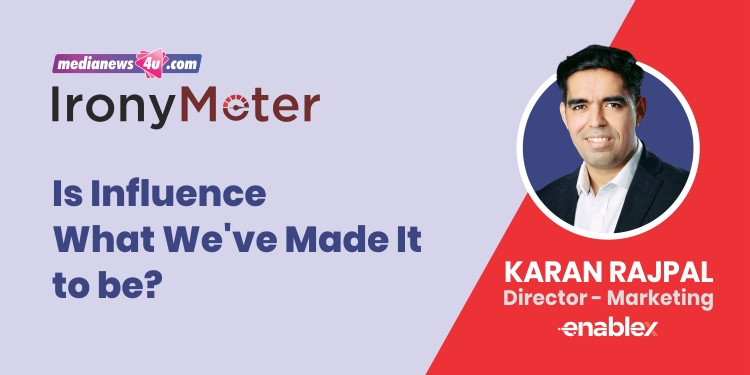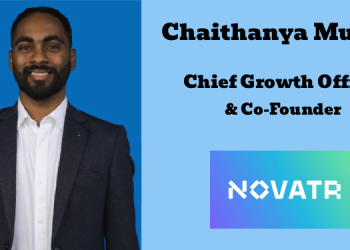Famed Investor Charlie Munger once sent a large envelope to an author and academic named Dr. Robert Cialdini. Inside, was a letter from Mr. Munger, and a certificate. The letter thanked the author for his seminal work, the book ‘Influence’. Mr. Munger has for long placed the book at #1 in his list of business book recommendations. The certificate was for one Berkshire Hathaway Class A share, worth about half a million dollars today.
Closer home in India, Reuters reported last week that the RBI may ask financial firms to desist from using ‘influencers’ for marketing their products. Separately, the central bank has been framing new rules, raising qualification criteria to share information about financial products on social media, and in some cases, fining people who’ve used social media and the messaging app Telegram to run ‘pump and dump’ scams.
Together, these two narratives form the basis of how the human mind operates when it comes to money. India’s stock market growth in the pandemic years quickly brought the best, and more widely, the worst of these stories forward.
Were we pushed into it?
A nudge, according to Thaler and Sunstein, is any form of choice architecture that alters people’s behaviour in a predictable way without restricting options or significantly changing economic incentives. To count as a mere nudge, the intervention must require minimal intervention and must be cheap.
A nudge would typically get a consumer to make decisions based on their environment. During the pandemic, as mobile usage burgeoned, people found themselves attracted to things in new ways, for longer periods.
For many men of working age (and some women), information on the stock market became a good way to seemingly pass their time productively. And soon, the old enemies of good behavior – greed and avarice – took hold. The market moved up in a single direction as easy money through loose monetary policy and millions of retail investors took to the markets. The ease of entering the markets through online apps and free brokerage played its role too.
The platforms of choice for this generation to get information weren’t the pink sheets or websites of business newspapers. They wanted to cut to the chase, and wanted the names of the next ‘multibagger’. And the floodgates opened. You couldn’t open Twitter, WhatsApp, YouTube or Instagram without seeing a montage of young men flaunting their luxury cars, a bank of monitors showing stock market charts, and captions combining a sludge of the words ‘bullish’ and ‘empires’.
Beyond the few well meaning registered financial advisors, were the ‘operators’. Talk big about a little known stock, profess knowledge about a company it had not disclosed, and offer the name of a new company everyday. As the markets simmered and then boiled over, the all consuming nature of ‘Fintwit’ took over.
The influence peddlers are now being chased by the regulators in the fashion of the police in popular Indian cinema, and we have thousands of ‘bag holders’ all over the country. Just because, we got nudged.
What now?
The last few months have seen the market cool down significantly. And a meltdown in many of the stocks peddled far and wide on social media. As a marketer and investor for a couple of decades, the whole charade has been painfully entertaining.
The cringe-worthiness of well meaning people in their early twenties becoming ‘threadmasters’ on Twitter, only to reverse course a few months later, the peddling of courses to teach technicals, trading workshops where trainers arrive with bouncers in luxury cars – I’ve been thoroughly entertained.
But for those who got caught in the crosshairs of these people, the journey has been painful. I truly wish and hope the actions by the authorities go far and long, and the perpetrators are brought to book. Buyer beware is not enough in a world where we are exposed to information for hours per day.
(The author is Director – Marketing at EnableX, a Communications SaaS Company. He tweets at @ironymeter. Views expressed are personal. First published by The Free Press Journal BrandSutra. Content powered by MediaNews4u.com. Feedback: [email protected])

















